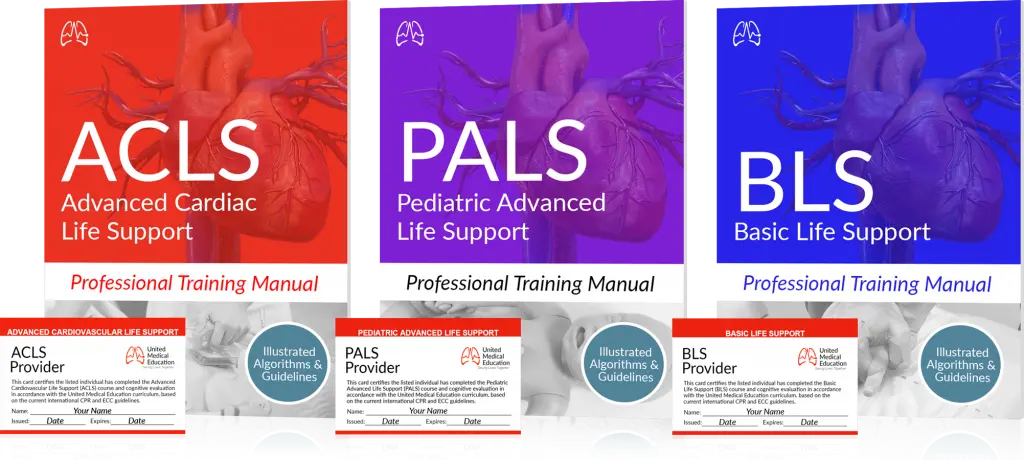Heart disease is the number one cause of death in America and around the world. It accounts for nearly one-third of deaths worldwide regardless of gender, race, and ethnicity. The number is staggering. It is estimated that about 659,000 people die from heart disease annually, resulting in one person dying every 36 seconds.
We need to work on good heart health through lifestyle changes and recognizing the risks that contribute to high blood pressure, high cholesterol, type 2 diabetes, and other cardiovascular diseases.
One of the top priorities in adopting a pro-health lifestyle is your diet. Having a healthy diet is the most essential in the must-do checklist, but it is also often easier said than done.
Best Foods for the Heart
Here are the best foods to consume for your heart health:
Whole grains such as whole wheat, oats, rye, barley (hulled), and brown rice are nutrient-rich and help protect us from coronary heart disease. 1 or 2 servings a day can decrease the risk drastically.
Green leafy vegetables like spinach and kale are very known to be rich in vitamins, minerals & antioxidants. These are also high in vitamin K, the vitamin that helps promote arterial function and proper blood clotting. It is shown to reduce blood pressure and reduce artery stiffness.
Avocados are a great source of fatty acids and dietary fibers. One avocado is packed with nutrients – and eating avocado twice a week can already protect you from heart disease.
Low-fat yogurt is high in calcium, potassium and less fat – certainly the healthier option versus other dairy foods.
Walnuts not only taste great, but they are also heart-healthy too. Walnuts are rich in omega-3 fatty acids, with micronutrients like magnesium, copper, and manganese.
Almonds are nutrient-dense and have shown to reduce the risk factor for coronary heart disease. These boast a long list of vitamins and minerals that are crucial to cardiovascular health and are a fantastic source of heart-healthy monounsaturated fats and fiber.
Berries such as strawberries, blackberries, blueberries, and raspberries are loaded with nutrients that play a key role in cardiovascular health. Studies show that they improve blood pressure and blood clotting function. Berries are rich in antioxidants, e.g. anthocyanins, that can protect against inflammation and oxidative stress. Eat your berries or enjoy them as a smoothie so you can be healthy while cooling down
Tomatoes are a popular ingredient in the home pantry, and these can also lower your chances of heart disease, as it is loaded with vitamin B, E, and antioxidants called flavonoids that prevent inflammation.
Olive oil is a Mediterranean staple that has many heart health benefits! Extra virgin olive oil help relieve inflammation and protect red blood cells from damage, including cardiovascular diseases, stroke, and heart attack. Olive oil is best when cold-pressed.
Green Tea has been shown to lower heart disease risks if one consumes a few cups of tea a day. This is because green tea contains catechins & polyphenols, both antioxidants, that help prevent cell damage and reduce inflammation.
Garlic is a popular ingredient in many dishes – many people love it, and the heart loves garlic too! Garlic has blood-thinning compounds which help reduce the risk of forming arterial blockages.
Fatty fish and fish oil are well-known to be loaded with omega-3 fatty acids, which play a protective role in the risk of developing heart disease and slightly reduce the risk of arrhythmias and other cardiovascular disease events.
Omega-3-rich fish such as salmon and tuna (especially Albacore) have healthy fats that help curb inflammation. Other rich sources of omega-3 fats include lake trout, anchovies, mackerel and sardines.
Dark chocolate Unlike regular chocolate, dark chocolates are healthy. These are rich in antioxidants, particularly a subtype known as flavanols, which is associated with lowering the risk of coronary heart disease.
Seeds such as chia seeds, hemp seeds and flax seeds are tiny food with big benefits. These are great sources of nutrients, fiber, and omega-3 fatty acids.
Worst Foods for your Heart
Besides the best foods to consume, we should also know what foods to avoid at all costs:
Refined grains are bad for the heart! Unlike healthy carbohydrates, refined carbs such as white bread, pasta, pizza dough, and white rice can increase the risk of stroke and heart disease by up to 2 to 3 times. Also, these food items are missing healthy fiber, vitamins, and minerals.
Sugar, Salt, and Fat, when high amounts are consumed, can raise the risk for a heart attack or stroke.
Bacon is a breakfast favorite of the country, but it is full of sodium and saturated fat content that bumps up your blood pressure and makes the heart work harder. High consumption of bacon can boost your cardiovascular risks.
Red Meat or overconsumption of beef, lamb, and pork boosts the risks of having heart disease and diabetes because the high saturated fat content can boost cholesterol. Carnivores must limit their intake and adopt high-fiber and heart-healthy foods into their diet.
Processed Meats are especially one of the worst types of meats for your heart due to the high amounts of salt and saturated fat.
Soda and artificially sweetened beverages contain more added sugar than experts recommend for a whole day. The chances of getting type 2 diabetes, high blood pressure, and heart disease are higher with regular consumption of these sugary drinks.
Take-out Pizza may be an easy quick dinner fix – but do not have this excessively! It contains staggering amounts of sodium, fat, and calories, raising your risk of a heart attack.
Alcohol should be avoided, or at the very least, should be taken in moderation. Excessive intake of alcohol can affect the heart muscle, as well as contribute to the risk of several diseases, including obesity, high blood pressure, heart failure, or stroke.
Butter is very high in saturated fat, which brings cholesterol and makes heart disease more likely.
Flavored, Full-Fat Yogurt should be avoided. While yogurt is a good source of nutrition and can protect you from high blood pressure, most of the store-bought, flavored yogurt options sold in grocery stores are processed and full of added sugar. Consuming this results in weight gain, high blood pressure, inflammation, and cardiovascular disease.
French Fries and Potato Chips are popular snacks, but these foods are loaded with salt and saturated fat. It is recommended to take these in moderation (or avoid it entirely) because they could be bad news for your heart.
Fried Chicken is deep-fried, which further adds calories, fat, and sodium.
Ranch Dressing’s main ingredients include buttermilk, salt, and sugar which makes it high in fat, sodium, and calories which is not good for the heart. So when you decide to prepare salad, lay low on the ranch.
Ice Cream is everybody’s favorite, but the truth is, it’s very high in sugar, calories, and saturated fat, leading to weight gain and heart attack.
Countless studies have confirmed that there is undoubtedly a powerful link between diet and heart disease. ‘We are what we eat,’ and certainly, what we put in our mouth can influence every aspect of our health, including our heart health.
The first and vital step to minimizing the risk of cardiovascular disease is by including heart-healthy foods and avoiding foods that are bad for your heart. Keeping a nutritious and well-balanced diet is the best investment for a longer, healthier, and wealthier life.







